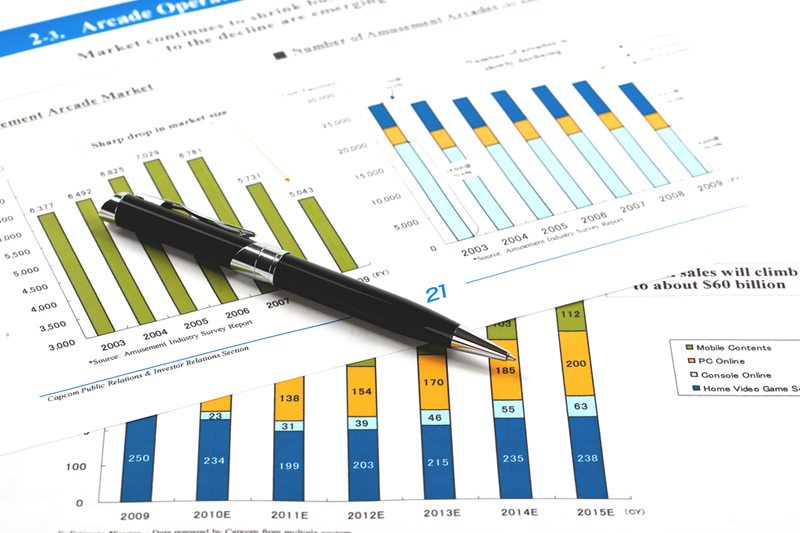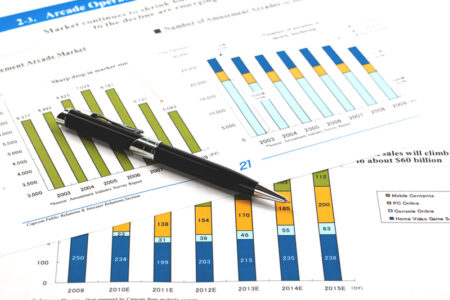By Sabrina Valle
HOUSTON (Reuters) – Exxon Mobil (NYSE:) will take 18 to 24 months to achieve its desired production synergies from its $60 billion purchase of U.S. shale oil producer Pioneer Natural Resources (NYSE:), the company’s top shale executive said on Friday.
Exxon this week closed all-stock acquisition after agreeing to an antitrust consent order that barred the former Pioneer CEO from joining its board and is moving in coming weeks to combine operations that will form the largest oil producer in the Permian basin.
The purchase more than doubles Exxon’s output in the Permian, the top U.S. shale field, to about 1.3 million barrels per day of oil and gas. An additional 700,000 barrels is predicted by 2027.
“We’re going to take a best-of-both approach to putting the organization together and that includes how we approach development,” said Bart Cahir, Exxon’s senior vice president of shale.
He declined to say whether the combined firm’s Permian drilling rigs and hydraulic fracking fleets will increase or decrease this year.
With Pioneer’s acreage, Exxon controls 1.4 million acres (566,560 hectares) of prime areas that will allow it to drill longer and more closely-spaced wells in cube format, he said.
Deploying the new techniques will take 18 to 24 months to achieve the desired goals, he said. Exxon aims to provide “better recoveries and better productivity. And over time that enables you to grow production. And that’s the key element here,” Cahir said.
Exxon has proprietary technologies that allow it to be “very, very prescriptive and targeted in our designs. That’s something that enables us to do more with less,” he said.
The company expects to offer positions to the “overwhelming majority” of Pioneer employees in the next two months, he said, declining to specify any cuts to Pioneer’s roughly 2,200 workers.
Integration teams from both companies have been working for six months to smooth the transition process. They “have really clicked well. We’re a lot more similar than we are different,” Cahir said.
Cahir said Pioneer’s trading team fits well into Exxon’s global trading organization, created more than a year ago.
Exxon also will move Pioneer’s oil into Exxon’s pipeline and logistics, connecting the volumes to U.S. Gulf Coast plants that produce fuels and plastics, he said.
Read the full article here
















